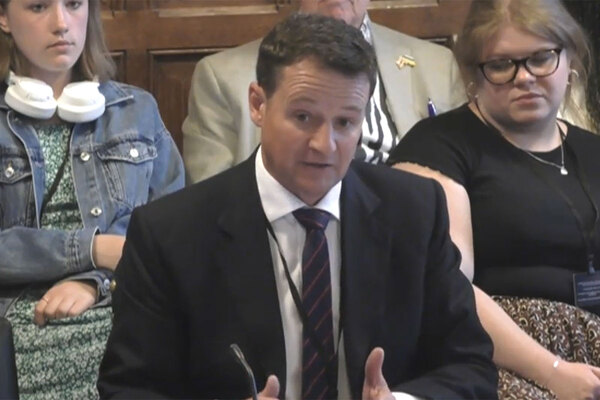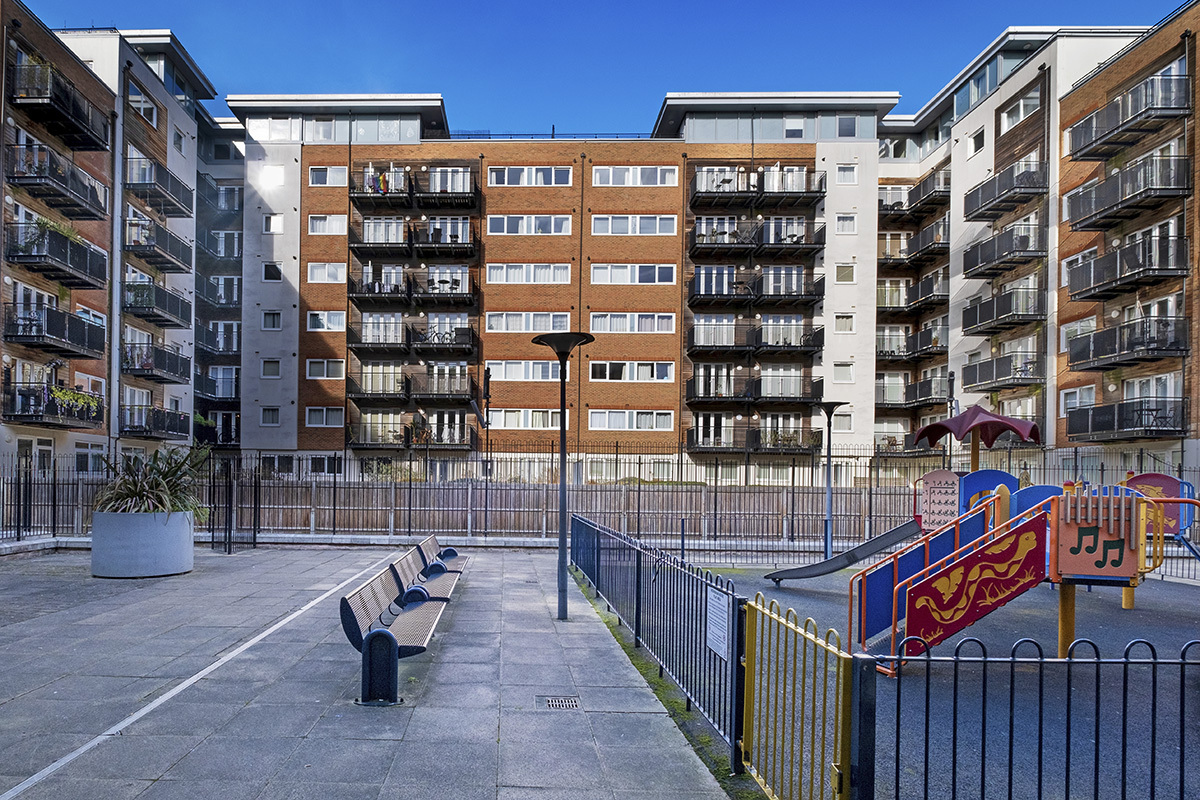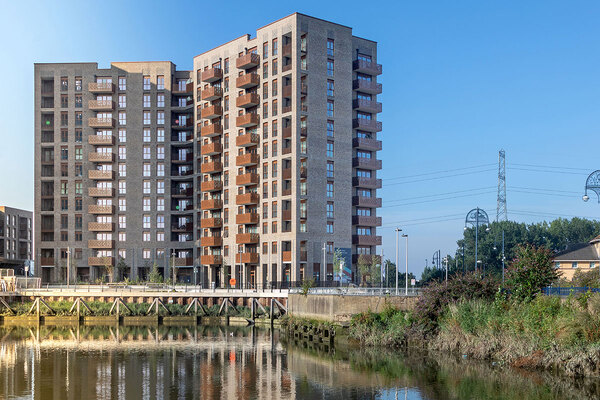You are viewing 1 of your 1 free articles
Six roles at city council planning department remained vacant for five years
A city council has denied that more than a dozen vacant roles over the past five years have impacted its development pipeline, despite six of those positions remaining unfilled for five years.

A Freedom of Information request made to Lancaster City Council by Inside Housing asked how many roles in the planning department remained vacant for each calendar year over the past five years and the type of role that was unfulfilled.
It revealed that six roles at the authority became vacant in January 2017 and remained that way for five years.
The vacant positions included a planning assistant, senior building control officer and a building control manager.
A further four roles were vacant for two-and-a-half-years and nine positions were vacant for two-and-a-half years or less.
Three different planning officer roles were vacant during these periods as well as two planning and building technician roles.
The council told Inside Housing that some of the posts had been held vacant while the authority redirected its resources within the service and some were vacant because it had entered into formal arrangements with other providers, such as building control, to enable the delivery of that service.
A spokesperson for Lancaster City Council said: “Recruitment remains challenging across the whole local government sector, and this appears to be a similar picture across the North West region at least, especially for more senior level posts.
“However, there has been very little impact upon the planning process since additional staffing resources were made available 12 months ago.
“This has helped ensure that the development pipeline in the district remains constant and that planning applications can be determined within either the statutory timeframe, or a mutually agreed timeframe with developers.”
Concern about capacity issues at local authority planning departments was raised by housing associations in April after they called for additional funding to help fix a “broken” system so that the country can deliver the government’s levelling-up agenda.
Landlords warned that without additional resources to speed up the pace at which local authorities can make planning decisions and fill vacant posts, development plans are likely to be subject to further delays for new build projects.
The issue was also highlighted by EMH Group in its latest accounts for the year to the end of March 2022, which revealed that the landlord had built less than two-thirds of its planned development pipeline in the previous 12 months.
The association identified a number of issues, including “the ongoing impacts of the pandemic and Ukrainian crisis as materials and resources become harder to secure coupled with delays on planning being awarded therefore delaying start on site”.
Sign up for our Council Focus newsletter
Already have an account? Click here to manage your newsletters











